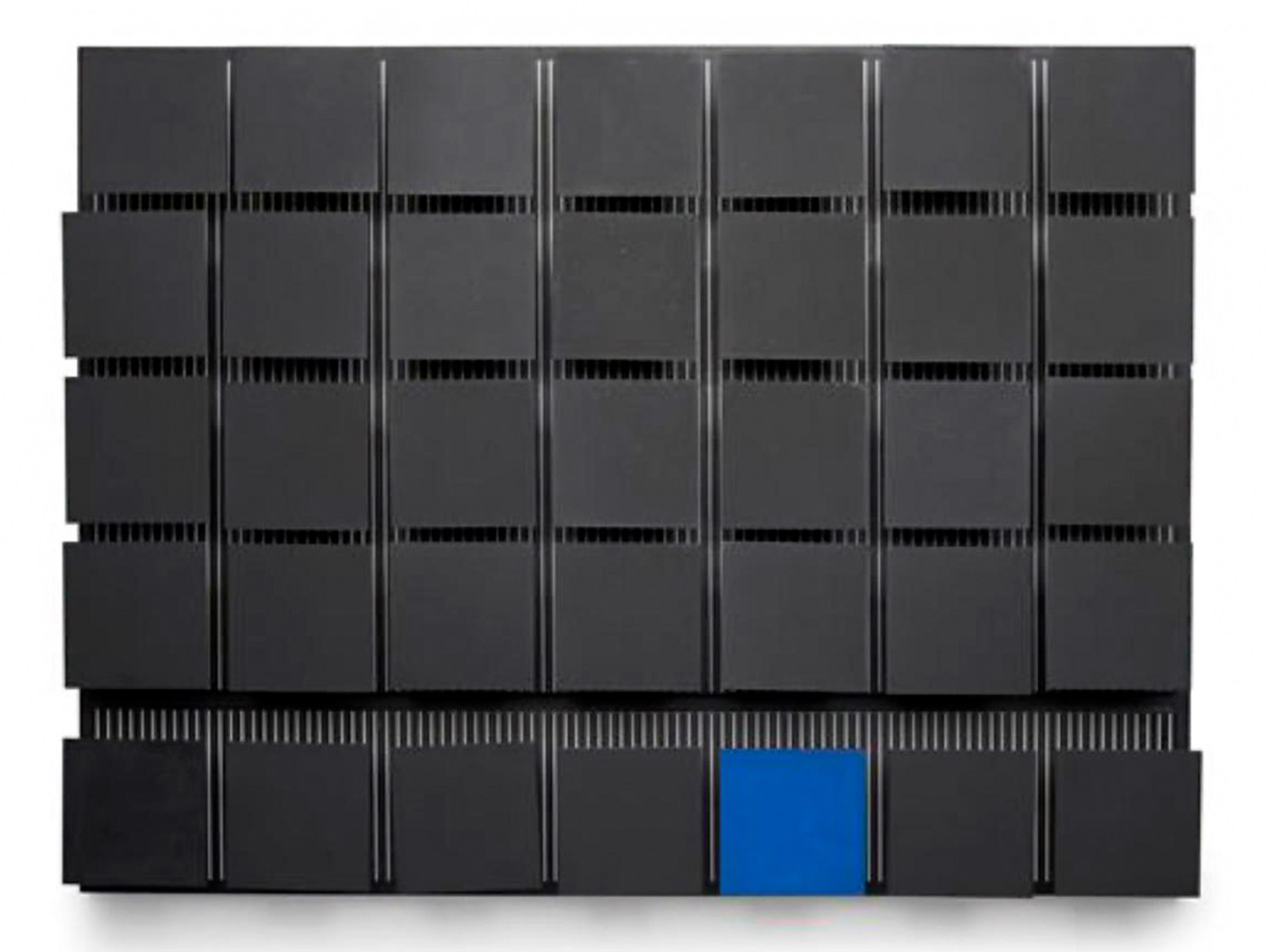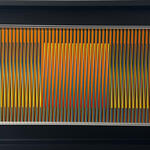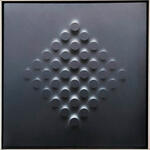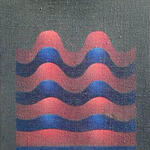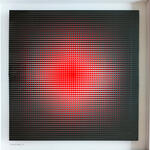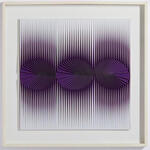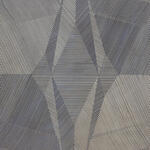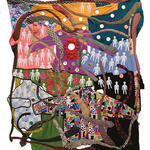Jesús Soto
Bio
Jesús Rafael Soto (Venezuela, 1923 - France, 2005). One of the leading figures in kinetic and optical art. The development of his work began with perceptual kineticism, later encompassing the entirety of space, which he intervened in as a dynamic element through the superimposition of transparent planes. In 1950, he moved to Paris. In 1956, he created his first kinetic structures: his kineticism was characterized by integrating the viewer's perception of the object as they moved through it. From the 1960s onward, he designed large-scale, walkable, and architecturally integrated works, generating compositions through the articulation of planes formed by lattices of varying inclinations. On other occasions, through modulation, he created geometric structures that, through repetition, reached enormous dimensions, emphasizing a monumental sense of spatial occupation.
Statement
Soto was characterized by his break with centuries-old tradition. Two essential concerns exist in Soto's work: the universe as a whole—to understand, to penetrate, to reveal—and, as its essential complement, the matter that constitutes that universe. Hence his repeated explorations of the ideas of mass, light, and energy. In the first instance, Soto focuses his attention on essential aspects of the universe that surrounds him. In the second—that of artistic modes—his creations bear witness to, and seek to offer a vision of, what lies in a universe that is external to and prior to art. It is important to note this artist's mastery in alluding to the invisible through the visible.


